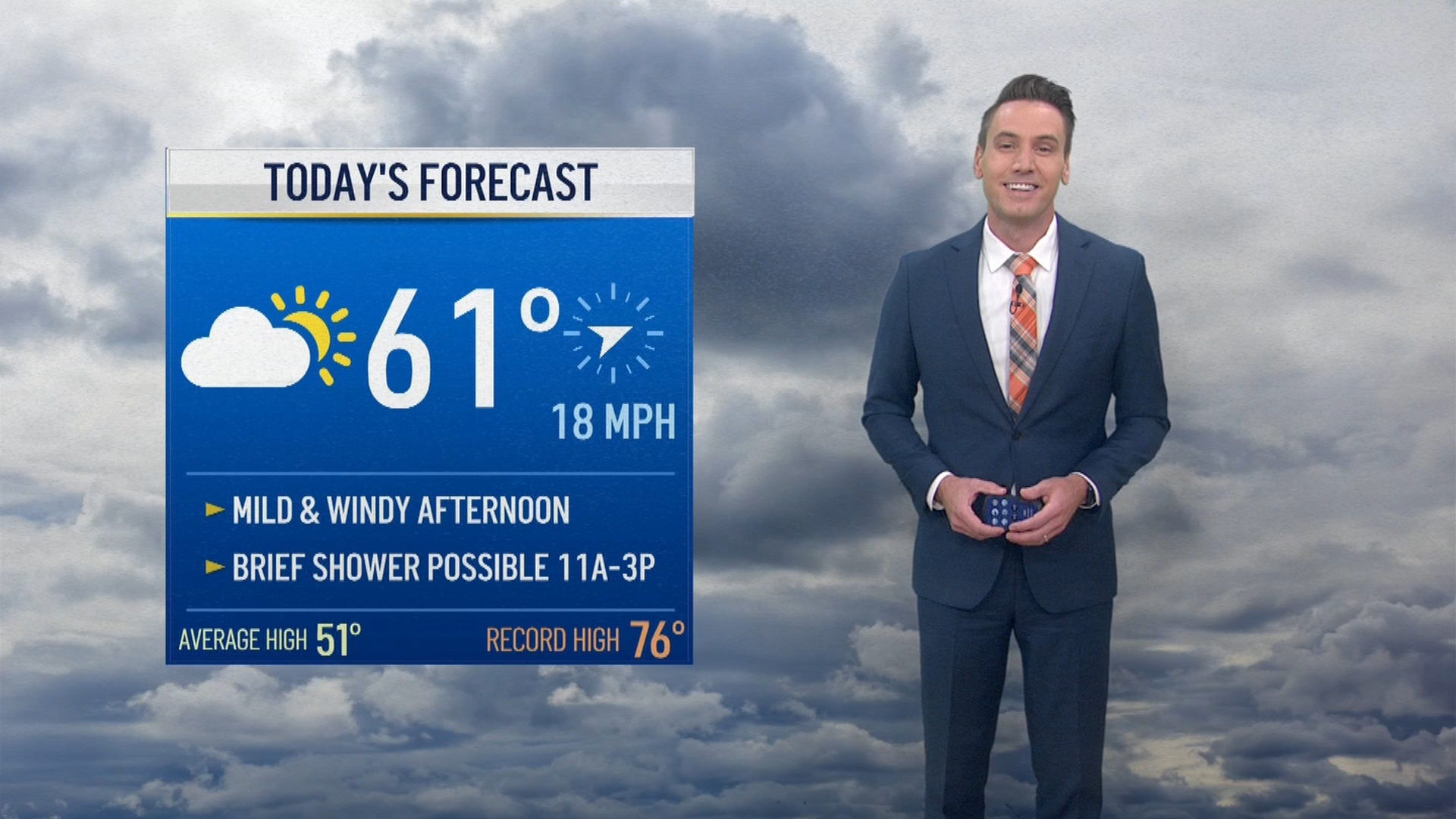Votes for a controversial real estate tax referendum on Chicago's 2024 primary ballot, referred to by the city as 'Bring Chicago Home,' will be counted after all, an Appellate Court ruled Wednesday.
The ruling comes following a previous Circuit Court decision to pause the counting of the votes, saying the initiative improperly asked voters to decide on three separate issues pertaining to the tax, rather than one question being posed to voters.
What does the referendum say?
According to the language of the referendum, voters will decide whether the city should move from the current flat tax model on real estate transfers to a graduated tax, which would impact all transactions of $1 million or more.
Wednesday's ruling from the Appellate Court added that the courts do not have the jurisdiction to prevent the measure from being placed on the March 19 ballot.
According to the ruling, the appeals court said that Illinois courts have previously declined "exercising jurisdiction over challenges to referenda that are part of the legislative process."
Their ruling is that the referendum was approved as part of Chicago's legislative process, with home-rule units required to approve changes to transfer taxes via a public vote.
The court also found that removing the question from the ballot would violate the separation of powers principle by “interfering with the legislative process,” and that the proper procedure would be to rule on the constitutional validity of legislation only after it’s enacted, according to the ruling.
Previously, a Circuit Court ruled that the initiative improperly asked voters to decide on three separate issues pertaining to the tax, rather than one question being posed to voters.
Feeling out of the loop? We'll catch you up on the Chicago news you need to know. Sign up for the weekly Chicago Catch-Up newsletter.
Lawyers for the Board of Elections and the city of Chicago immediately appealed the ruling, questioning the reasoning behind it.
The Appellate Court expressed similar concerns to Judge Kathleen Burke's initial ruling.
"Like the parties, we are left guessing as to the bases for the circuit court's ruling because the lower court gave no reasons for its ruling," the ruling read.
It is likely that opponents of the referendum will appeal.
Supporters say that the ordinance would result in a reduction in the transfer tax for approximately 94% of properties in the city, but critics warn that it could have a devastating impact on the commercial real estate market.
If a majority of voters support the referendum, the Chicago City Council would be required to evaluate and pass the ordinance in the spring, according to proponents of the bill.
What would the transfer tax look like?
Currently, real estate transfers in Chicago are taxed at a rate of $3.75 for each $500 of the purchase price.
The proposed tax structure would cut that tax to $3 for every $500 of the transfer price, so long as the property is sold for less than $1 million. That represents a reduction of 20%.
An increased rate would then be applied to the property value between $1 million and $1.5 million, with those funds taxed at a rate of $10 for every $500 in purchase price. That would represent an increase of 233% over the current rate.
For any value over $1.5 million, the transfer tax would be boosted to $15 for every $500 in value, an increase of 400%.
Where would funds generated from the tax go?
According to the text of the referendum, funds generated from the increased taxes would go toward initiatives aimed at combating houselessness in the city.
“The revenue from the increase is to be used for the purpose of addressing homelessness, including providing permanent affordable housing and the services necessary to obtain and maintain permanent housing in the city of Chicago,” the text of the referendum reads.
Under the provisions of the transfer tax, these rates would be paid by the buyer of the real estate, unless the buyer is exempt from the tax under state law. Specific circumstances in which a buyer would be exempt can be found via the state's real estate transfer reporting forms.
In those cases, the tax would be paid by the seller.
What supporters, critics say
Supporters of the ordinance say that the tax would generate $100 million annually.
Nearly 94% of properties sold in Chicago would see a reduction in taxes because they’re valued at less than $1 million, according to officials quoted by WTTW Chicago.
The proposal also would exempt developments that are aimed at affordable housing, officials said.
The funds would be used to build permanent housing that will feature substance abuse counseling and other wraparound services, according to supporters.
“Your average home buyer will see a reduction in the amount that they have to spend in the real estate transfer tax as a result of this change,” Ald. Carlos Ramirez-Rosa told Block Club Chicago. “But we’re also then asking the very top of the market, some of the biggest corporations in the world, that as they purchase property in the city of Chicago, that they pay a little more.”
Critics of the measure say that it would have a chilling impact on commercial property sales, as those owners are already feeling the impacts of more businesses having employees work from home, reducing overhead costs and occupancy rates, according to LP Legal.
According to Crain’s Chicago Business, commercial property transactions in Chicago totaled approximately $5.3 billion in the first half of 2023, a 51% reduction from the previous year.
Former Chicago mayoral candidate Paul Vallas, writing on behalf of the conservative-leaning Illinois Policy Institute, criticized the measure for its disproportionate impact on commercial properties, and warned that the measure could result in lower-than-expected revenues because of the decline of commercial occupancy in Chicago, which would then impact valuations on property.
Lawsuits have been filed claiming that the referendum is too vague, according to real estate publication The Real Deal. Plaintiffs in the suits argue that the city would not be sufficiently bound to spend the funds on affordable housing and other efforts to combat houselessness.
The National Association of Realtors has also spoken out against the proposed ordinance, saying that the impacts on commercial business will ultimately impact homeowners as the city makes efforts to cope with potential funding shortfalls.



